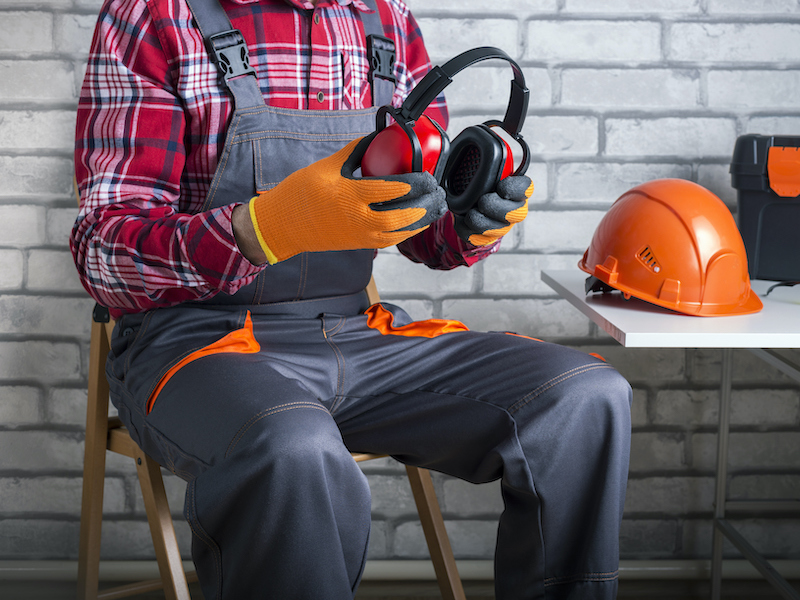
Your sense of hearing is essential in your life and when it’s gone, there will be no natural way of getting it back. But somehow, hearing loss tends to go untreated and uncontrolled in the general population. As a matter of fact, permanent hearing loss affects one out of eight individuals (nearly 30 million people) 12 and older in the United States alone.
While there are treatments that can help you get some hearing back, like hearing aids, it’s such a simple thing to protect your ears from the start to prevent unnecessary hearing loss.
Safeguard your hearing with these five tips:
Earbuds should be avoided
Earbuds are one of the biggest dangers to hearing health today since they’ve come packaged with mobile devices going back to the first MP3 players in the early 2000s. These little devices fit snugly into the ear canal and pump sound directly into the inner ear and the majority of smartphones included them. You can get permanent hearing damage by listening to music or a movie on your mobile device at full volume for only 15 minutes. The better choice would be to buy a set of earmuff-style headphones that go over your ears, which is made even more effective if you can find a set that has noise-canceling technology. No matter what sound devices you use, you should stick to the 60/60 rule – keep the volume at 60% maximum and only use the devices for 60 minutes each day.
Keep your volume low
Your hearing can be damaged by other things besides earbuds. If you routinely listen to the TV or radio at high volumes over prolonged periods, your hearing can also be damaged. You’ll also want to steer clear of situations where loud noises are constant, like construction zones, concerts, and firearm ranges. It may be impractical to completely avoid these settings particularly if they’re part of your job. If that’s the case, then you’ll want to pay attention to the next item on the list.
Utilize hearing protection
Hearing protection is crucial if you work in a setting or enjoy hobbies that expose you to loud noises. Hearing loss can happen in just 15 minutes at 85 decibels. Compare that to the following:
- Jackhammers at a construction site produce 130 decibels, which could take their toll after a 40-hour workweek
- The average firearm discharge clocks in at 149 decibels, which is multiplied and amplified over the course of a one hour trip to an indoor gun range
- At most concerts the headlining band plays for up to two hours at well above 120 decibels
The moral here is that you should purchase some sort of hearing protection such as earmuffs or earplugs if you take part in any of these activities.
Take auditory breaks
Sometimes giving your ears a break is the smartest thing you can do. Even if you use hearing protection, if you are subjected to loud sounds like these for prolonged periods, you should take some quiet breaks to give your ears a chance to rest. That means, you most likely shouldn’t get into your car and start blaring loud music right after you leave a 3-hour concert.
Check your medicine
Your medicine may actually have a substantial effect on your hearing. Aspirin, anti-inflammatories, antibiotics, and some heart and cancer medicines have all been proven to cause hearing loss. Fortunately, medication associated hearing loss usually only happens when more than one of these medicines are taken together making it far less common.
Are you suffering from hearing loss and want to seek out new treatment? Schedule an appointment with us for a hearing test.
Resources
https://www.cdc.gov/nceh/hearing_loss/how_does_loud_noise_cause_hearing_loss.html
https://armeddefense.org/hearing-protection
https://www.uofmhealth.org/health-library/tf3092
